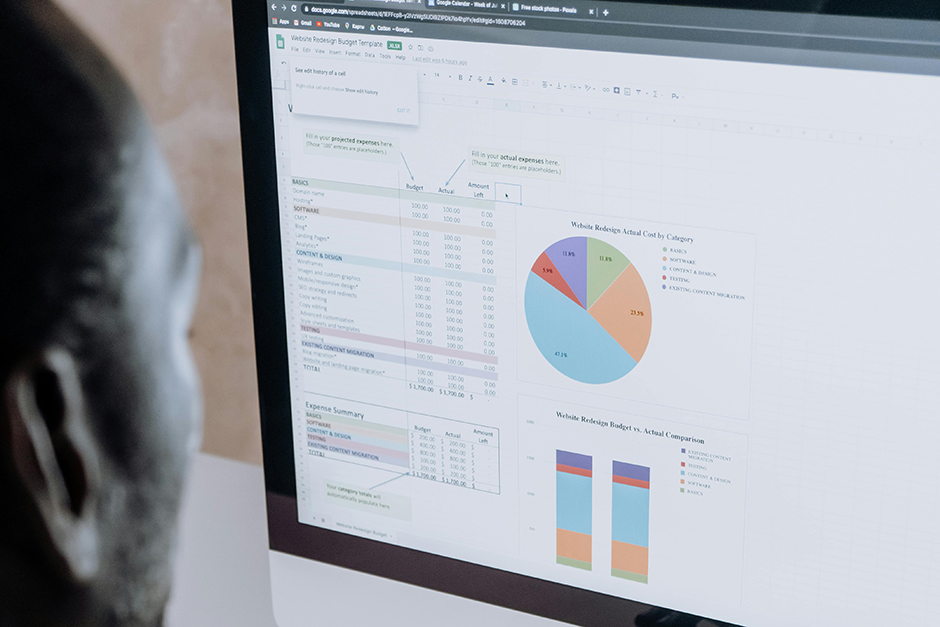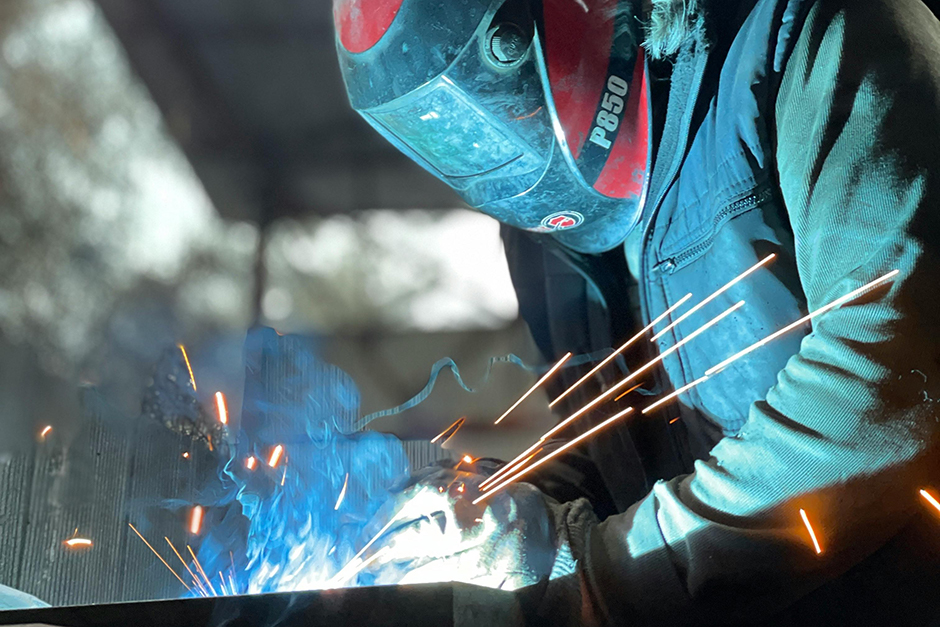Gainful Employment Information
Surgical technologists are highly trained individuals qualified by didactic and clinical training to provide services in the operating room. They function in association with nurses and surgeons to help provide high-quality care of the surgical patient.
Onondaga’s Surgical Technology program was designed to fill the personnel needs of area hospitals, outpatient surgery centers, and surgeon’s offices for surgical technologists. The demand locally and nationally for trained surgical technologists is constant. Even if you have no previous experience in the health field, you can be prepared for employment after eleven months of study (see special admission requirements). If you are a homemaker, recent high school graduate, or displaced worker, or if you desire a career change, this program may be of interest to you.
The Surgical Technology program includes clinical experiences that begin during the first semester and continue until completion of the program. You will gain your clinical experiences in the hospital and outpatient surgery centers in Syracuse and its surrounding area.
Costs
In addition to the regular college expenses of tuition, student activity fees, and books, Surgical Technology students are financially responsible for the following:
- Physical exam and required immunizations.
- Malpractice insurance – approximately $8 per semester.
- Personal health insurance – varies (neither the College nor your assigned clinical agency assumes any responsibility for student health care costs).
- Transportation and parking to/from clinical assignments – ranges from $0 - $14 per day.
- Name tag and shoes used specifically for clinical assignments - approximately $60.
- Test of Essential Skills (TEAS).
Admission Requirements
Before an application to the program can be considered, the student must have the following requirements:
- A high school diploma or equivalent.
- Successful completion of one year of high school mathematics (Math A or Algebra is recommended) or equivalent.
- Successful completion of one year of high school chemistry, or CHE 151 (preferred with no lab required) at Onondaga or General Chemistry equivalent.
- Successful completion of one year of high school biology, or BIO 151 or BIO 152 or BIO 121 (preferred) at Onondaga.
- A grade of 77 or C+ or better in high school or college courses used to meet prerequisites.
- Placement into credit-bearing college level math within 2 years of the semester you are applying for, and placement into ENG 103 and ILS 153 levels.
- All students participating in clinical or laboratory courses must be able to perform all of the “Essential Skills” as outlined in this catalog.
- All students must take the Test of Essential Academic Skills (TEAS).
A competitive process is used for admission to the Surgical Technology Certificate program, with points assigned to specific criteria. Admission will be offered to qualified students in ranked order from highest to lowest, beginning at the review deadlines until all spaces are full. Curriculum changes must be initiated by the student at Student Central.
Ranking points will be awarded for:
- Most recent cumulative G.P.A.
- Courses taken within the last three years of education that meet the grade requirement (science, mathematics, English), especially for good grades in Anatomy and Physiology I & II.
- Previous certification in the health care field (EMT, CAN, LPN, ATC, massage therapy, etc.) with documentation.
- New review if student met prerequisites at previous admission cycle but the program was full (student must have reapplied to the program for each new admission cycle).
- Completion of the TEAS exam (Test of Essential Academic Skills).
Application deadlines for prerequisites complete with supporting documentation for fall admission:
- March 1st; first review
- May 1st; second review*
*These reviews will only be used if there were insufficient applicants at the time of the first review. All applicants are dependent on maintenance of required GPA between the time of admission into the program and the start of the program in the fall.
Accreditation
Accredited by the Commission on Accreditation of Allied Health Education Programs (CAAHEP). Effective 1/1/2015, any person practicing as a Surgical Technologist must have:
- Graduated from a CAAHEP or ABHES accredited program, or
- Completed a military surgical technology program, or
- Meet the grandfathered requirements.
A student has one year to successfully pass the National Certification exam following completion of an accredited program.
Good Moral Character
An individual’s eligibility for certification may be affected by an existing criminal record. It is the individual responsibility of the student to confirm their eligibility for certification.
Essential Skills
A candidate for a certificate in surgical technology must have the abilities and skills necessary to complete the educational requirements as defined by the national accrediting body for national certification. The following is a representative list of the essential skills, with or without accommodation, expected of students enrolled in the surgical technology program.
- Communication Skills
- Effectively communicate with surgeons and co-workers regarding requirements and supplies for surgical procedures while all are wearing masks.
- Effectively communicate directions to peers.
- Give, receive, understand and be understood regarding relevant verbal English and nonverbal feedback.
- Accurately and efficiently follow directions.
- Provide effective, coherent, legibly written communication.
- Conceptual and Analytical Reasoning
- Apply didactic knowledge effectively in the clinical setting.
- Demonstrate ability to analyze distinct situations and utilize critical thinking in the process of delivering safe and appropriate care to clients.
- Exercise good judgment in problem solving.
- Social Skills
- Perform effectively under stress.
- Display flexibility.
- Demonstrate compassion.
- Develop positive and effective relationships with physicians, staff, and peers.
- Manual Dexterity and Motor Skills
- Demonstrate ability to perform surgical scrub using standard equipment.
- Gown, glove, and mask appropriately.
- Perform surgical procedures employing sterile technique.
- Identify and pass instruments, supplies, and suture/needle combinations in rooms dimly lit or very bright.
- Attach and manipulate power equipment and endoscopic cameras.
- Physical Strength
- Assist with transferring anesthetized patients.
- Lift, move, and carry instrument trays weighing up to 17 - 21 pounds.
- Stand, sometimes with little movement, for four - five hours.
- Observation and Sensory Skills
- React/respond to signals, alarms, and other displays indicating immediate patient need.
- Judge obstacles encountered during movement around sterile area, i.e. cords on floor, low ceiling lights.
- Immediately identify and respond to breaks in aseptic technique by anyone in the sterile area.
Graduation Requirements
- All requirements listed here for a certificate in Surgical Technology.
- All SGT courses must be completed with a grade of C or higher, with the exception of SGT 103L , SGT 105 , and SGT 115 , which require a B. BIO 111 , BIO 171 , and BIO 172 must be completed with a grade of C+ or higher.
- SGT courses may be repeated only once if failing grades are earned.
- Successful completion of clinical assignments; demonstration of safe, proficient entry-level skills; professional judgment and integrity.
- Completion of the National Surgical Technologist (CST) examination prior to exiting the program.
Program Learning Outcomes
Program Goal: To prepare competent entry-level surgical technologists in the cognitive (knowledge), psychomotor (skills), and affective (behavior) learning domains.
- The student will demonstrate cognitive (knowledge/critical thinking) behaviors appropriately to function as an entry-level surgical technologist.
- The student will demonstrate adequate psychomotor skills required to function as an entry-level surgical technologist.
- The student will demonstrate appropriate affective behaviors required to function as an entry-level surgical technologist.



 Return to:
Return to: